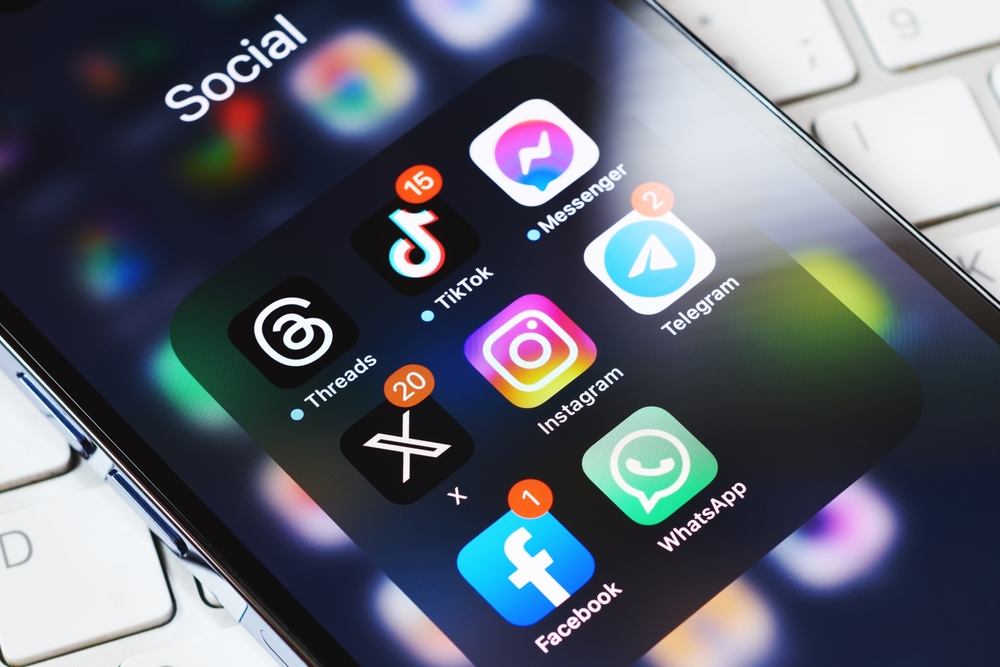The Paradox of Social Media: An Exploration of its Role in Modern Society
As the world becomes more interconnected than ever, social media has emerged as a powerful force defining our era. This article delves into its paradoxical nature, digging into how it simultaneously brings us together and pulls us apart. Read below to explore this compelling topic.

The Advent of Social Media
The genesis of social media dates back to the late 1990s with the rise of platforms such as SixDegrees, Friendster, and MySpace. However, it was the launch of Facebook in 2004 that truly changed the game. It provided a platform for people to connect, communicate, and share their lives on a scale hitherto unseen. As the popularity of Facebook soared, other platforms like Twitter, Instagram, Snapchat, and LinkedIn emerged, each with its unique features and appeal.
Social Media: A Tool for Connection
Social media, as its name suggests, was designed to be a medium for socialization. It has indeed fulfilled this purpose, connecting people across geographical, cultural, and socio-economic boundaries. Today, we can interact in real time with someone on the other side of the world, share our thoughts with hundreds or even thousands of followers, and stay updated on the lives of our friends and family. It has also provided a platform for marginalized voices to be heard, creating spaces for communities that have been historically overlooked or silenced.
The Dark Side of Connection: Alienation and Polarization
However, the very tool that was intended to connect us has also been blamed for driving us apart. There is growing evidence to suggest that excessive use of social media can lead to feelings of loneliness and alienation. Instead of fostering genuine connections, it often promotes superficial interactions and the relentless pursuit of likes, comments, and shares. Furthermore, the echo chamber effect, where users are shown content that aligns with their views, has led to increased polarization and divisiveness in society.
The Power of Social Media in Shaping Public Opinion
Beyond personal interactions, social media has also emerged as a powerful force in shaping public opinion. It has been used as a tool for political campaigning, activism, and even propaganda. On the positive side, it has facilitated movements like #BlackLivesMatter and #MeToo, providing a platform for collective action and societal change. On the negative side, it has also been exploited to spread misinformation and fake news, with serious implications for democracy and social cohesion.
Navigating the Paradox: Towards a Balanced Use of Social Media
Given the dual nature of social media, the challenge lies in harnessing its positive potential while mitigating its negative effects. This requires a balanced approach that promotes responsible use, encourages digital literacy, and advocates for greater transparency from social media companies. It also involves acknowledging the complexities and contradictions inherent in this modern phenomenon.
In conclusion, social media is a paradoxical tool, a double-edged sword that both connects and divides us. As we navigate the digital age, it is imperative that we understand its complexities and implications, and strive to use it in a way that enriches rather than detracts from our lives.





